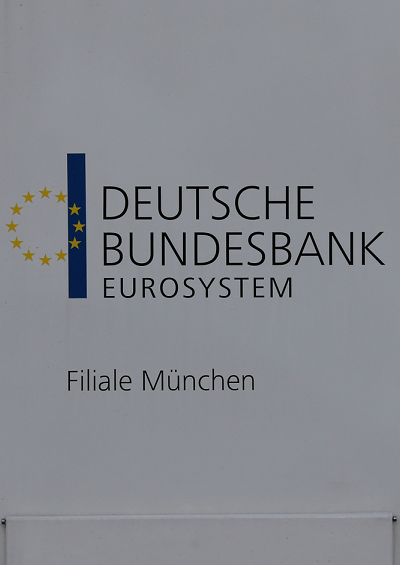Germany Counters Deflation in the Eurozone
By raising real wages, Germany has launched itself into a new period of growth.
March 30, 2015

This year German metalworkers will see the largest real wage growth in a long time. The collective bargaining partners just agreed to raise wages by 3.4%. With some extra lump-sum benefits and close-to-zero inflation, this translates into a real wage increase of 3.5%.
While this does not apply to the economy as a whole, the metalworkers’ deal is clearly a bellwether for other industries. Even if those with lower productivity growth, such as the service sector or the public sector, will settle for a lower pay raise, it is safe to assume that collectively agreed wages will average somewhere between 3% and 3.5%. Compared to 2% last year, that is quite a hike.
It is also in stark contrast with the chorus of complaints about slow growth and deflation, which seems to be in vogue these days. Does this mean the latest wage agreements are too lavish? Or are the macroeconomic conditions simply better than widely perceived? I believe the latter is the case.
Unfounded fears
What these wage increases show is that the current fears of a self-accelerating deflation are unjustified. The pessimists of the European Central Bank are wrong. The fall in prices does not result in a corresponding reduction in wages. At least the bargaining parties, it seems, still have positive inflation expectations.
Wage increases are also a strong indication that inflation will soon pick up again – despite low oil prices and ultra-loose monetary policy. As labor costs are rising faster, prices must go up as well. High real wages also promote economic growth. Workers can consume more – and they do.
In January, German retail sales rose by more than 5%. Private consumption was already the main driving force of the economy last year. This is a whole new experience for Germany. Past booms were always driven by exports, and domestic consumption only came into play during the late phase of the upturn. Now this already happens in the early stages.
Consequently, the original forecasts of 1% GDP growth must be revised to 2%, perhaps even more. Of course, increasing labor costs put pressure on the firms. This used to be the key argument against excessive wage increases. But it does not carry much weight now.
Compared to competitors in the Eurozone markets, German exporters still draw from the substantial competitive edge they have gained over the past years. This is not offset by a one-time wage increase. Vis-à-vis the competition from third countries, the depreciation of the euro certainly helps. Overall, negative effects on exports are unlikely to kick in any time soon.
From a structural perspective, higher wages are also desirable. They help reduce the export bias of the German economy. If more goods and services are in demand domestically, less must be sold abroad – to buyers who might be considered at risk of defaulting on their payment obligations.
The partners in the euro area will benefit from Germany cutting down on exports, thereby reducing its current account surplus, which amounted to 7.4% of GDP in 2014 (substantially in excess of the 6% that the EU Commission considers tolerable).
Everyone is a winner
Finally, higher wages mean that the economic recovery benefits not only the better-off in society, but also the population at large. The wage share, defined as employees’ share of national income, which has declined in Germany since 2000, is now rising again.
This is a key aspect in the increasingly vigorous debate on social justice. Other countries envy Germany’s generous wage increases. In the United States, where growth and productivity rise much faster, private-sector wages and salaries are only increasing by a nominal 2.3% – less than 2% in real terms. Much of American consumer spending must be financed by consumer loans.
In Japan, the most recent wage increase of 0.4% amounts to a decrease in real terms. This is one of the reasons why the Japanese economy is so slow to take off.
Nonetheless, the merits of high wage increases are not a carte blanche for future wage negotiations. The world is currently in an exceptional situation, which justifies exceptional measures. Once things are back to normal again, we will have to look differently again at wages and inflation.
Takeaways
Germany wage growth this year indicates that things in the Eurozone aren’t quite as bad as they seem.
Wage increases in Germany show that the current fears of a self-accelerating deflation are unjustified.
Wage increases in Germany mean more domestic consumption, fewer exports. A win-win for Germany and its EU partners.

